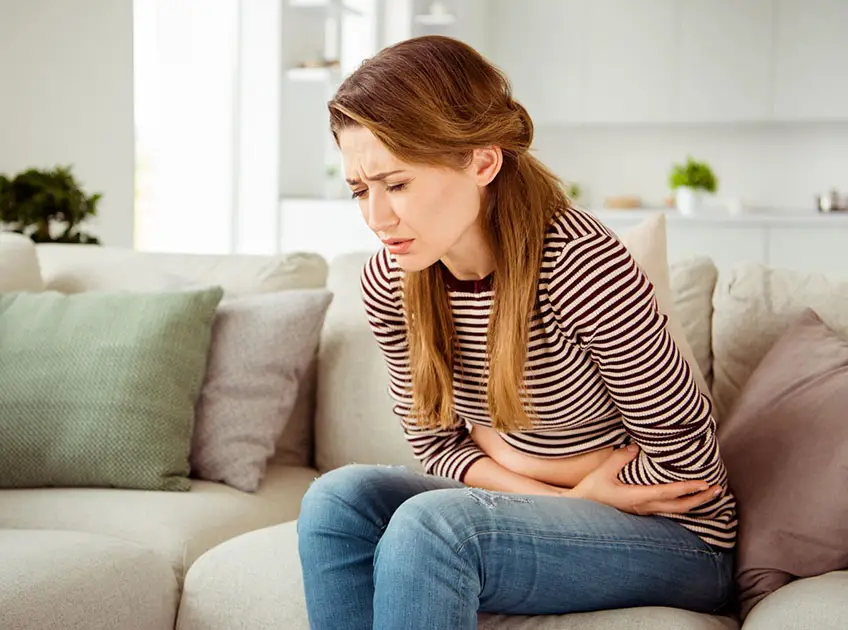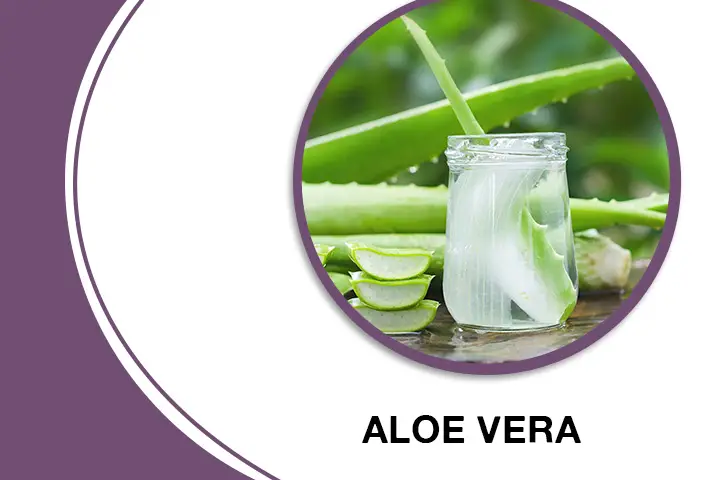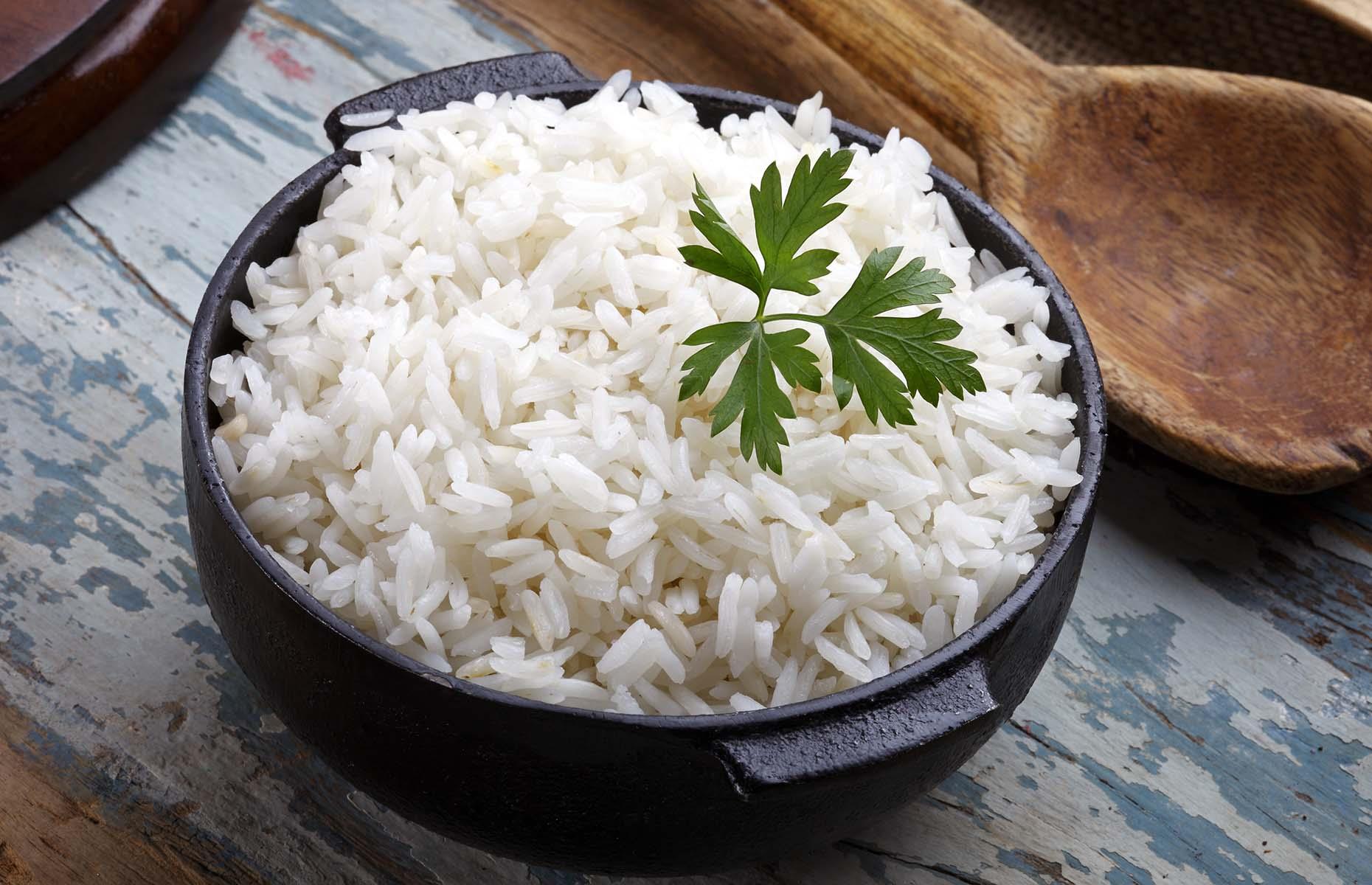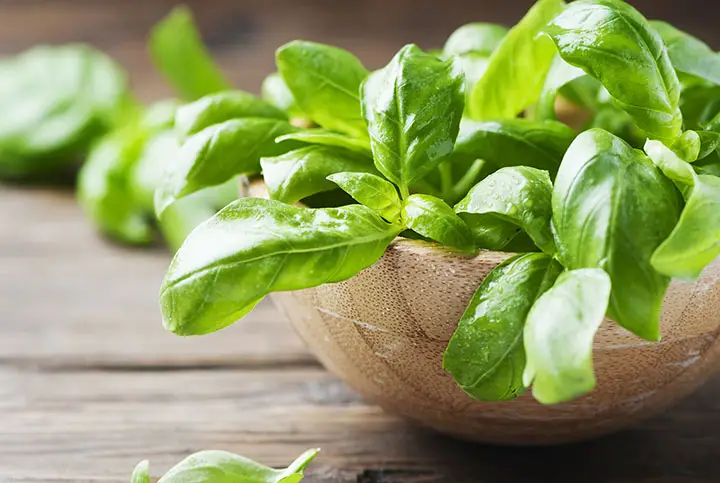
Important: This article is for informational purposes only. Please read our full disclaimer for more details.
Stomach ache is a condition that everyone experiences at some point in time. It is a feeling of discomfort or pain in the stomach area. The pain may be cramping, dull, or sharp. It may be short-lived or long-lasting.
What Are The Causes of Stomach Ache?
There are many potential causes of stomach ache. Some of the more common causes include:
- Indigestion: This is a condition in which the stomach acids irritate the lining of the stomach, causing discomfort and pain.
- Food Poisoning: This occurs when you consume contaminated food or drinks. Symptoms can range from mild to severe, and may include nausea, vomiting, and diarrhea.
- Infections: Viral, bacterial, and parasitic infections can all cause stomach pain. Common symptoms include nausea, vomiting, diarrhea, and fever.
- Constipation: This is a condition in which stool is difficult to pass. It can be caused by a variety of factors including dehydration, a lack of dietary fiber, and certain medications.
What Are The Symptoms of Stomach Ache?
In addition to pain, other common symptoms of stomach ache or indigestion include:
- Nausea
- Vomiting
- Diarrhea
- Bloating
- Gas
- Belching or burping
- Heartburn
Home Remedies for Stomach Ache
There are many ways to treat stomach pain at home. Some of the more common home remedies include:
1. Ginger

Ginger has natural anti-inflammatory properties that can help to relieve stomach pain. It can be consumed in many forms including fresh ginger, powdered ginger, or ginger tea. [1]
[ Recommended: How to Relieve Stomach Pain After Eating ]
2. Lemon Juice

Lemon juice can help to neutralize stomach acid and provide relief from heartburn and indigestion.
- It can be consumed on its own or
- added to water or tea.
- You can also drink lemon soda or eat lemon sorbet. [2]
3. BRAT Diet
The BRAT diet (bananas, rice, applesauce, and toast) is often recommended for people with stomach pain. This diet is bland and low in fiber, which can help to reduce diarrhea and vomiting. [3]
4. Drinking Plenty of Water

Dehydration can worsen stomach pain and diarrhea. Drinking plenty of fluids will help to keep your body hydrated and may provide some relief.
5. Chamomile Tea

Chamomile tea is a traditional remedy for stomach pain and indigestion. Chamomile has anti-inflammatory and antispasmodic properties that can help to relieve stomach cramps.
6. Aloe Vera Juice

Aloe vera juice is thought to have soothing and healing properties. It is commonly used to treat skin conditions, but it can also be helpful for stomach pain. [4]
7. Plain Rice

Plain rice can help to settle an upset stomach. It is a bland food that is easy on the stomach and can help to absorb excess stomach acid. It can relieve pain caused by IBS, heartburn, and indigestion. [5]
8. Figs

Figs are a traditional remedy for constipation. They are high in fiber and can help to soften the stools. This can provide relief from stomach pain caused by constipation. [6]
9. Licorice
Licorice is thought to have anti-inflammatory and healing properties. It can be helpful for stomach pain, heartburn, and indigestion. Licorice root can be consumed in the form of tea or capsules. [7]
10. Basil Leaves

Basil leaves have antioxidant and anti-inflammatory properties. They can be helpful for reducing stomach gas, pain, nausea, vomiting, and diarrhea. Basil leaves can be consumed in the form of tea or capsules. [8]
When Should You See a Doctor?
You should see a doctor if you experience any of the following:
- Severe pain that does not improve with home treatment
- Blood in your stool or vomit
- Fever
- Weight loss
- Difficulty swallowing
- Black stools
Note: If you are pregnant and experience stomach pain, you should always consult your doctor.
Stomach ache can be very annoying sometimes, but there are many home remedies that can help to provide relief. Try these above remedies to relieve your stomach pain. However, if the pain is severe or does not improve with home treatment, you should see a doctor.
Thank you for reading! I hope this article was helpful.
You Might Also Like:
- Apple Cider Vinegar for Bloating: How To Take?
- How to Use Baking Soda to Reduce Bloating?
- Is Peppermint Tea Good for Bloating?
- 6 Best Yoga Poses to Beat Belly Bloat
- 6 Best Yoga Poses to Relieve Bloating
- How to Use Baking Soda for Gas Relief?
- Is Activated Charcoal Good for Gas?
- The 10 Best Foods For An Upset Stomach
- How to Use Baking Soda for Upset Stomach?
- 10 Foods to Eat When You Have Gastritis
- Top 10 Gastroenterologists in Hyderabad
- Why Do You Feel Pooping In The Stomach
- Does Apple Cider Vinegar Cure Acid Reflux
- Does Baking Soda Helps Acid Reflux
















